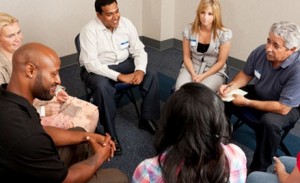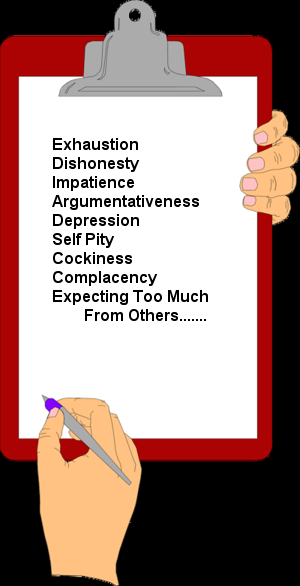How Do We Keep Recovery Participants Motivated?
How do we help participants to stay motivated so they will complete our programs and succeed afterwards?

1. I’ve stayed in touch with the “hands on” dimension of the ministry by volunteering at our local rescue missions. Conducting chapel services for program participants and interacting with them is something I always look forward to doing. One local mission, the Kansas City Rescue Mission, where Joe Colaizzi serves as executive director, is an example of a rescue mission recovery program that is doing a lot of things right. Their recent follow-up efforts reveal that for three years running, 70% of their graduates are still sober for year or more after leaving the mission. This is a very good rate of success. So, what are some of the things they are doing to promote such success?
How Do We Keep Recovery Participants Motivated? Read More »

 themselves. This is the exact opposite “missionizing people” — the rescue mission version of institutionalization. I am referring to the problem of teaching people how to live in the confines of the mission, but not equipping them for life outside. This is usually the case when program people seem to doing fine but end up crashing and burning a day after they leave the program.
themselves. This is the exact opposite “missionizing people” — the rescue mission version of institutionalization. I am referring to the problem of teaching people how to live in the confines of the mission, but not equipping them for life outside. This is usually the case when program people seem to doing fine but end up crashing and burning a day after they leave the program.





